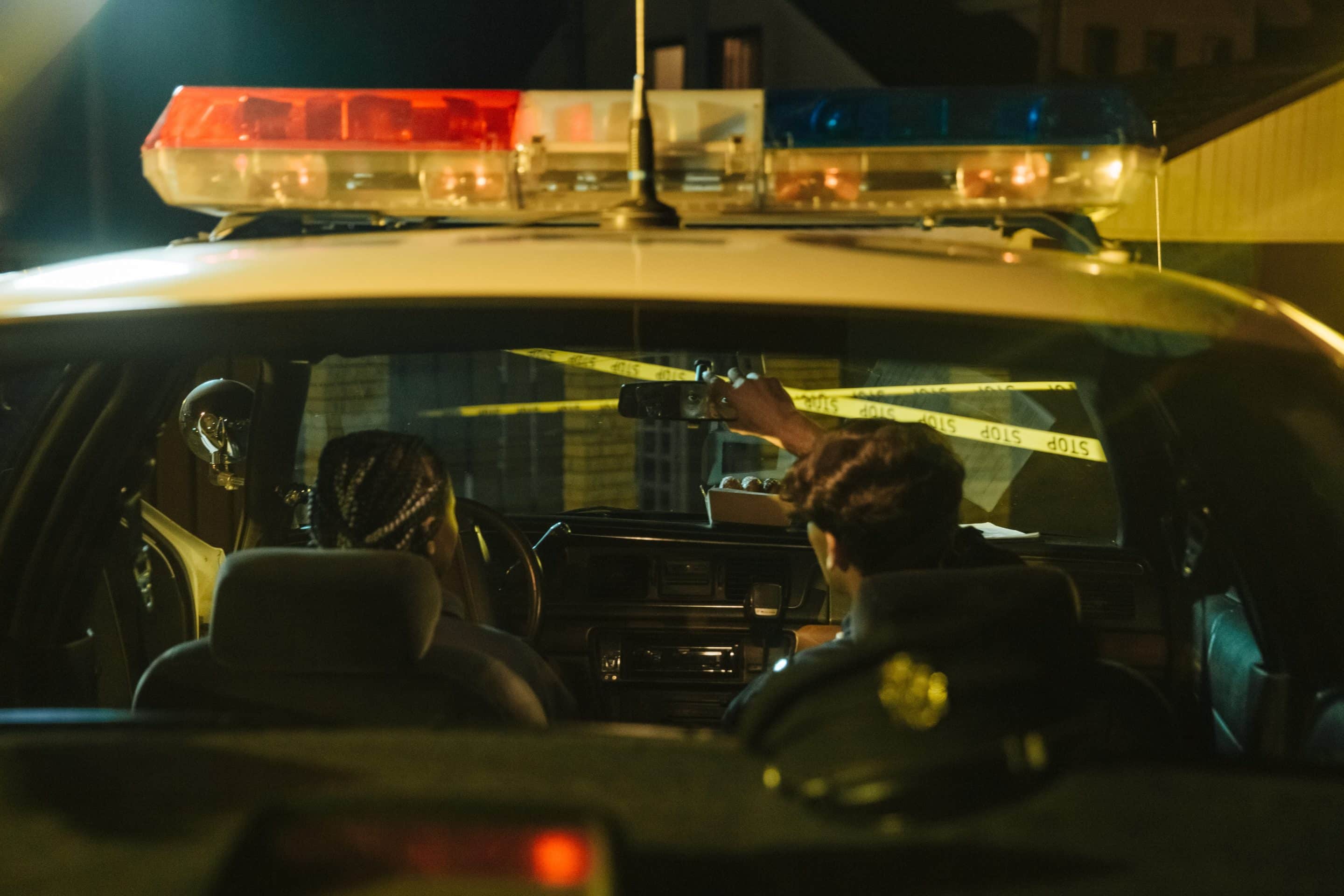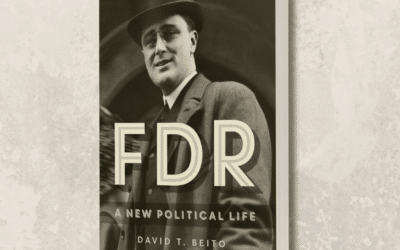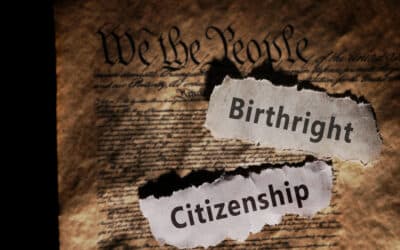Qualified immunity says some people should be held to a lower legal standard than everyone else under Anglo-American common law, mostly government officials in their formal duties—but also stock holders for decisions made by their companies. The idea behind it is that stockholders and government officials generally don’t have management control over policy decisions and usually shouldn’t be held responsible for those general policies.
Qualified immunity for police is fundamentally different. It says that police aren’t responsible enough to be held to the high legal standard which we hold other citizen-amateurs in the exact same situations.
Consider the duel case of a police officer and a citizen with a concealed-carry license coming upon a woman being raped in an alley. Qualified immunity holds the police officer to a lower legal standard than the citizen in any intervention to stop the ongoing rape.
The argument for granting police qualified immunity from criminal prosecution and civil lawsuits is that they have to face deadly situations often, sometimes on a daily basis, whereas other citizens may only face the same split-second, life-threatening decision once or twice in a lifetime.
I’ve always found this to be a strange argument. Why is it that the more experience they have, the less competent a policeman becomes? In what other profession does a person become less competent as they gain more experience? Do carpenters become less competent with experience? Engineers? Doctors? Politicians?
Okay, you’ve got me there on that last one.
But it seems only when dealing with government employees does someone in a profession become less efficient and less competent as they obtain more experience.
Consider also that police are trained to deal with life-threatening situations, while ordinary citizens are not trained. Does training make police more—or less—competent in dealing with life-threatening situations?
I’ve never been an advocate of the “defund the police” movement; I’m not an anarchist. But let’s face it: If police become more violent and irresponsible with their guns as they receive more training, and as they receive more experience, that actually makes a strong case for defunding and abolishing the police and instead having crime patrols consist of rookie, armed vigilantes.
After all, advocates of police immunity are necessarily arguing that private vigilantes are sufficiently competent and responsible enough to be held to that higher legal standard, while police are not. It’s almost as if proponents of police immunity are trying their level-best to push me into philosophical anarchy.
They also seem hell-bent upon verifying the conclusions of the controversial Stanford Prison Experiment, which essentially said that people with authority and badges quickly become cruel and vicious.
If police become higher risks of violence as they are trained more, you’ve got to wonder what their training consists of. Are they trained as soldiers in the “war on crime”? My late friend, the great William Norman Grigg, used to say that the police’s only strategy was escalation. A soldier overwhelms the enemy with violence. Soldiers also engage in surprise attacks whenever possible, not unlike the police no-knock “dynamic entry” raids in the drug war.
There is one aspect of qualified immunity for police I do like. We also give a kind of qualified immunity to children, though it’s not legally called “qualified immunity” by the courts, because they are not considered capable of acting as responsibly as adults. I like the general idea that police must be managed by the citizenry, who are the adults in society. In a free country, citizens are the adults, and government officials are the children who must be managed by those adults. Reverse that attitude, and you have a perfect recipe for tyranny.
However, in practice, qualified immunity for police works out to be that perfect recipe for tyranny described above, rather than a paternalistic attitude of adult citizens managing their government official children. It’s a bit closer to William Norman Grigg’s depiction of qualified immunity:
“He and the others of his caste enjoy the privilege to kill, which means that the rest of us have a duty to submit, or die.”
So I don’t like the idea that government officials should be held to that lower standard and given qualified immunity. I like better the idea upon which American common law was founded, that no one is above the law and no one is below the law.
































